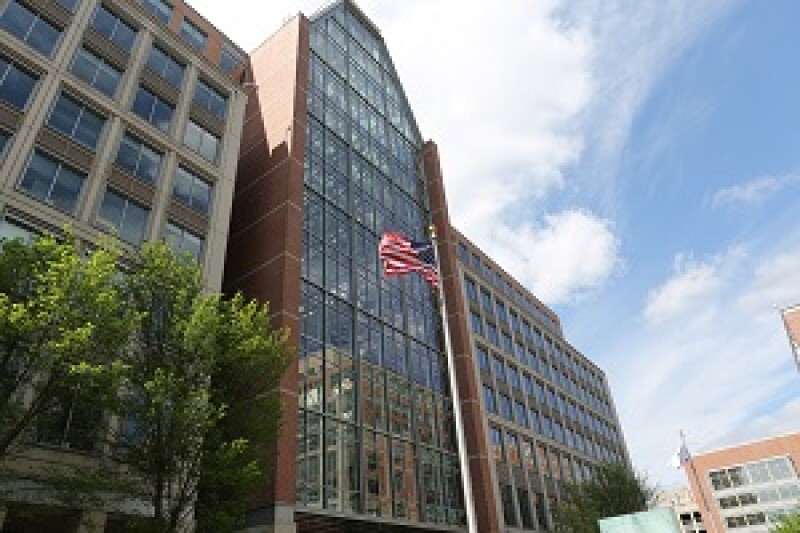
Mary Boney Denison, commissioner for trademarks, told the hearing that while the USPTO does not have the ability to impose fines on fraudulent actors, “if Congress would like to give it to us, we’d be happy to talk to you about it.”
She was speaking at a hearing by the House Judiciary Subcommittee on Courts, Intellectual Property and the Internet called “Counterfeits and Cluttering: Emerging Threats to the Integrity of the Trademark System and the Impact on American Consumers and Businesses.”
Denison had earlier revealed that the USPTO has seen a significant rise in the number of applicants filing trademarks inaccurately and in bad faith, with China being the main source of these problems.
The USPTO is responding in several ways, Denison added, including requiring foreign-domiciled applicants to be represented by US counsel (see Managing IP’s previous coverage here) and creating a special task force to focus on improper behaviour by applicants and registrants. The full list of actions can be found here.
Held on July 18, the hearing also discussed the problem of counterfeit goods, particularly those available online. Congressman Doug Collins (Georgia) was vocal in criticising US e-commerce platforms for not doing enough to prevent the “endless” list of fakes being sold on their websites, adding that companies such as Amazon and eBay should have been part of the discussions during the hearing.
He added that Alibaba's anti-counterfeiting policies and programmes are “significantly more effective” than those of their US counterparts.
“They are working very closely with all complaining brand owners and are using cutting-edge technology to scan for and detect counterfeits. I find it shocking that US platforms are so far behind,” he said.
“Marketplaces must apply anti-counterfeiting policies and practices with equal rigour to protect all brands, particularly small businesses, and not reserve their best protections for a few companies that bring huge profits to the marketplace,” he added.
His views were echoed by Bob Barchiesi, president of the International AntiCounterfeiting Coalition, who said that in China a national ID is required to sell on a platform, whereas in the US, “anyone could say they’re anybody.”
“I haven’t seen any progress on that,” he continued. “I think a federal policy is necessary.”
Congresswoman Martha Roby (Alabama), who has since announced that she won’t seek a sixth term in 2020, provided her experience of buying counterfeits.
“I've used online marketplaces to purchase cosmetic products and as I've learned more and more about the risks posed by counterfeit cosmetics and connection with investigating this issue, I'm having to reconsider my own purchasing decisions,” she said.
Discussing a potential deterrent to what can be dangerous fake goods, Joseph Cammiso, brand protection manager at Toyota, said that tougher punishments are required.
“There simply has to be higher penalties for sellers that are in essence criminals, and it can't be just to have them delisted. We've seen cases where people selling counterfeit airbags have been given very light sentences, and in other cases very minimal jail time.
“In order to deter these criminals, the penalties should be higher,” he concluded.
You can watch the full hearing here.











